

The story of Italian cinema under Fascism, a sophisticated film industry built around the founding of the Cinecittà studios and the successful birth of a domestic star system, populated by very peculiar artists among whom stood out several beautiful, magnetic, special actresses; a dark story of war, drugs, sex, censorship and tragedy.
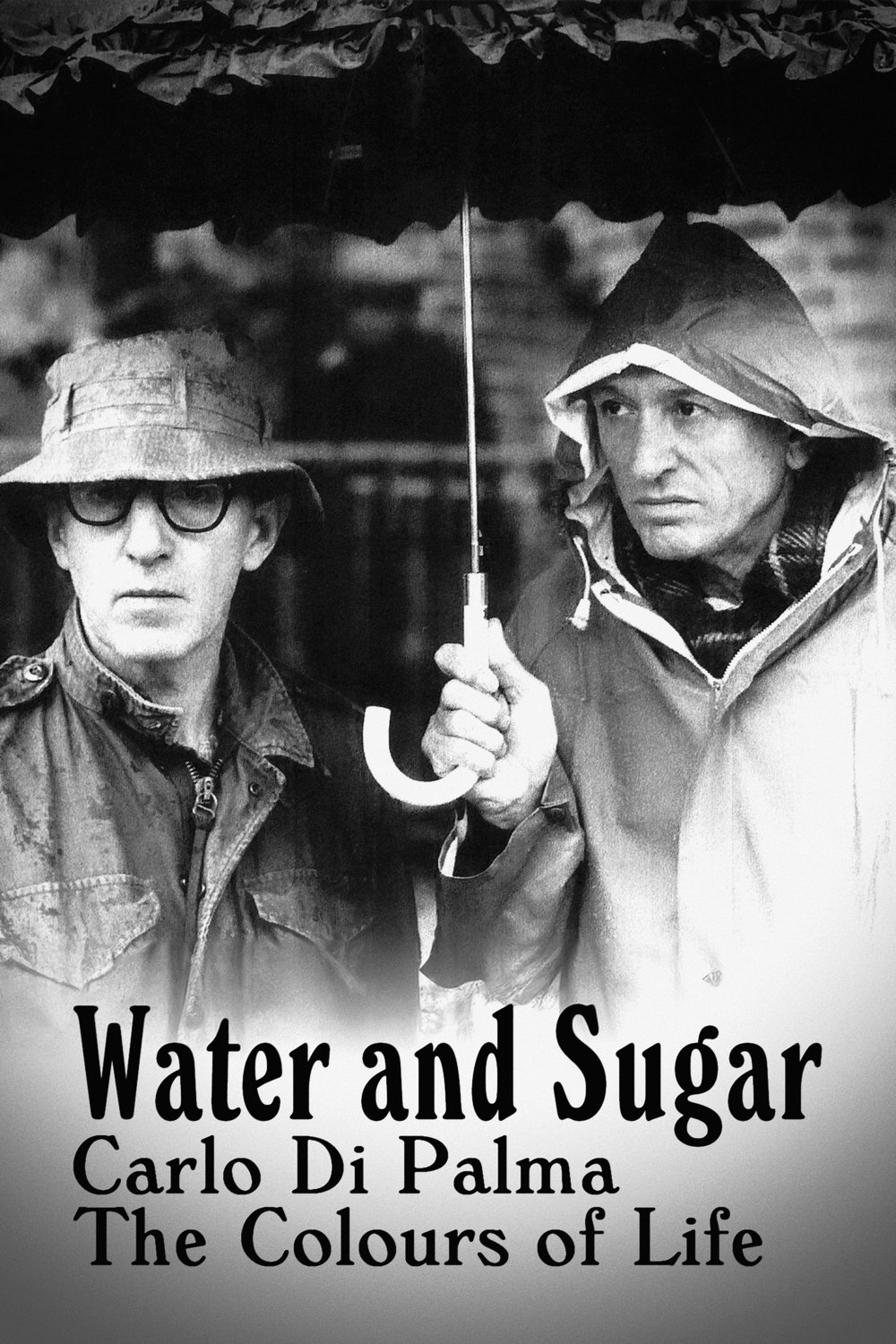
An account of the life and work of legendary cinematographer and director Carlo Di Palma (1925-2004) and an emotional journey through the great moments of cinema, from Italian neorealism to the masterpieces of Woody Allen.
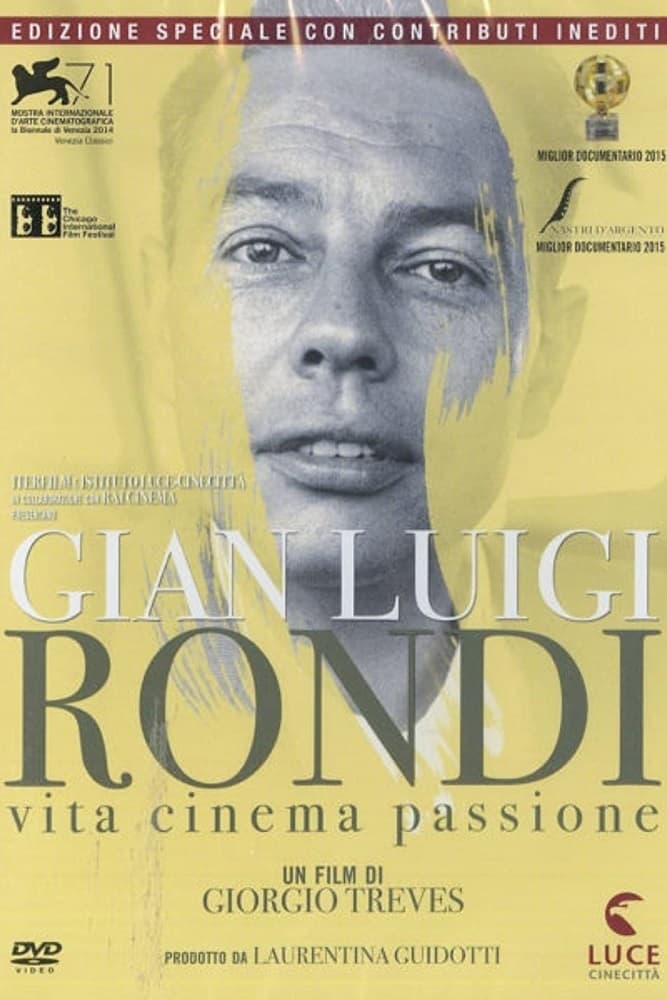
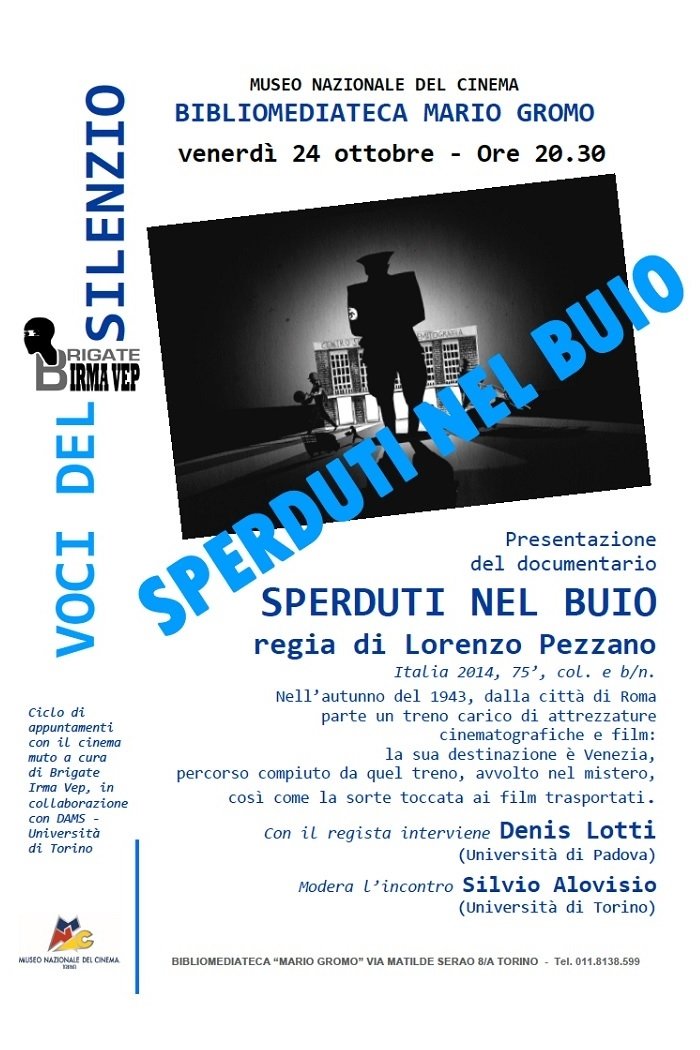
Documentary about the lost 1914 film "Sperduti nel buio". Film historian Denis Lotto journeys across Europe following the trail of the lost movie.
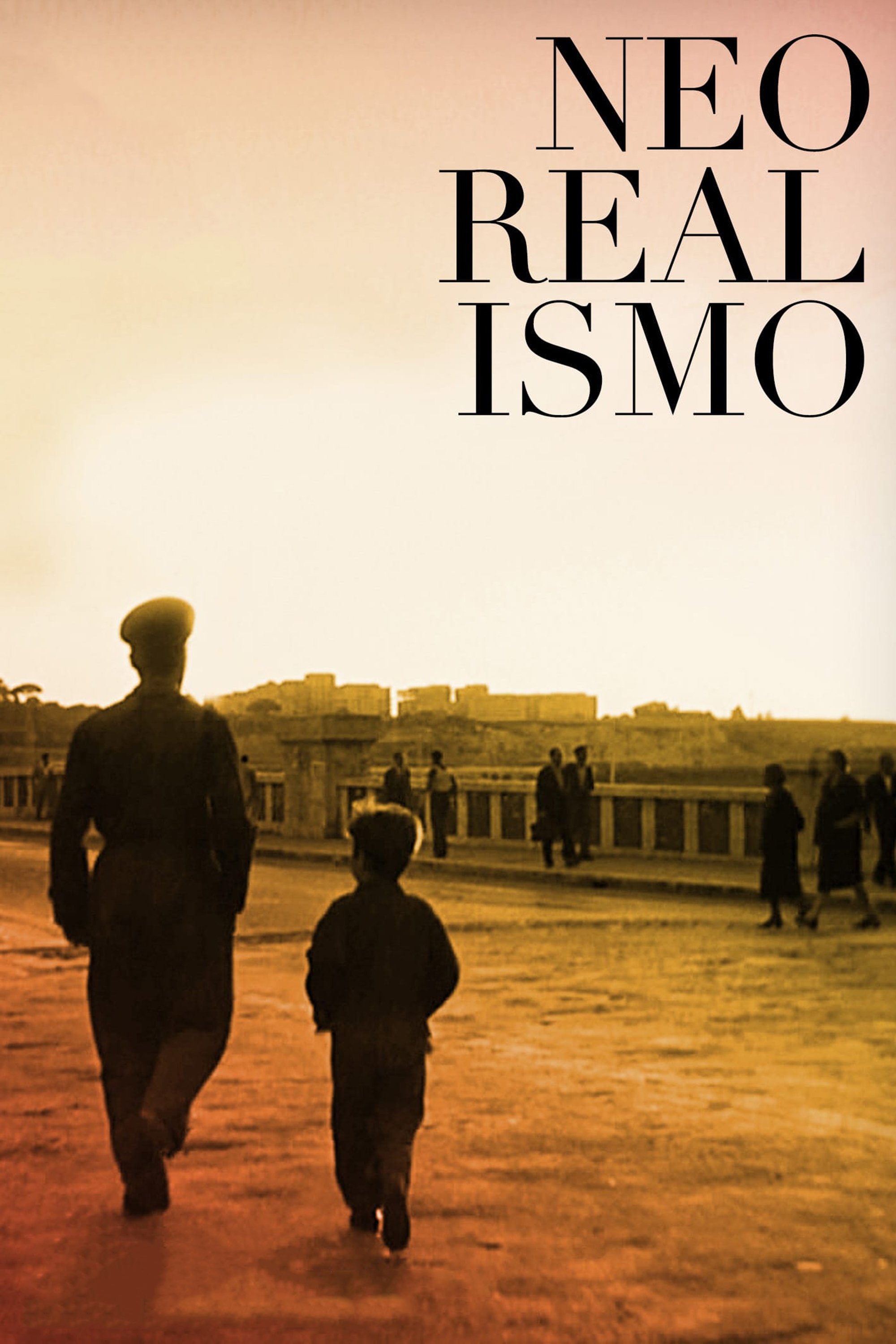
This short film tells the story of the most important cinema trend that Italy has ever produced - Neo Realism. Born after the Second World War, this veritable cultural revolution rapidly became a boundless source of inspiration for movie-makers throughout the entire world. Even today it influences those wanting to produce quality movies characterized and identified as Italian products able to be exported as well. It is precisely one of the masters of this unique current rich in different personalities who introduces the story - Carlo Lizzani - whose 'lesson' reconstructs the birth and development of Neorealism in Italy. It combined innovative movie techniques with a new view based on a 'true' interpretation of reality. Due to its high cultural value, this short film was given the highest reknown of the Presidency of the Republic of Italy.
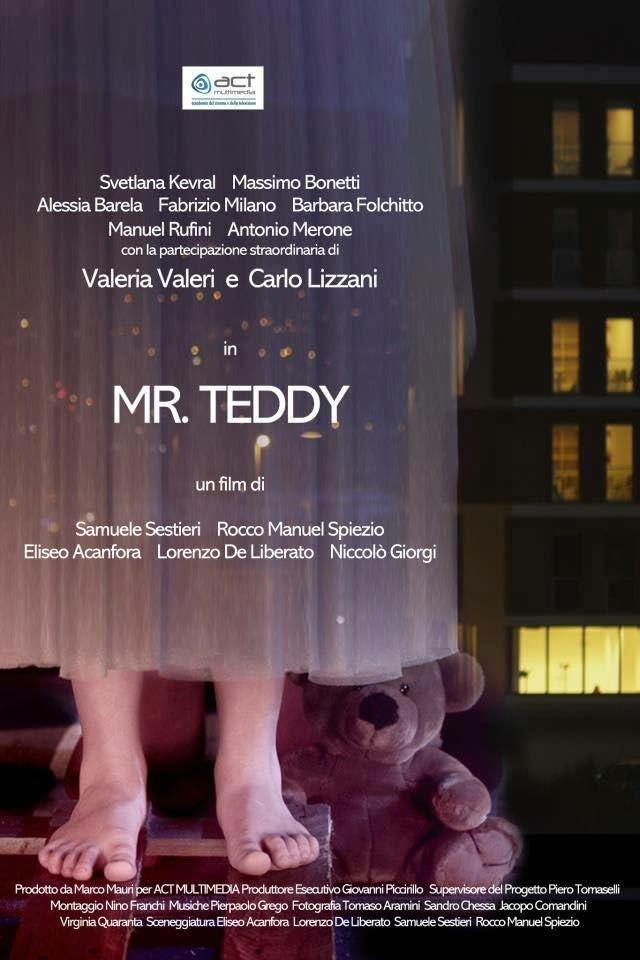
Barbara, a waitress in a hotel, has the vice to remove objects from guests rooms. Francesco, a student, finally meets a girl known on internet who hides a secret to him. Fausto, a chemist, invented an unusual way to export drugs with the help of another man. Susanna, a woman marked by a deep pain, plans a revenge against the man who wasted her life. The vicissitudes of four characters cross each other in the Japan Hotel in 24 hours, the presentation day of Mr. Teddy, a new prototype of a speaking teddy bear.
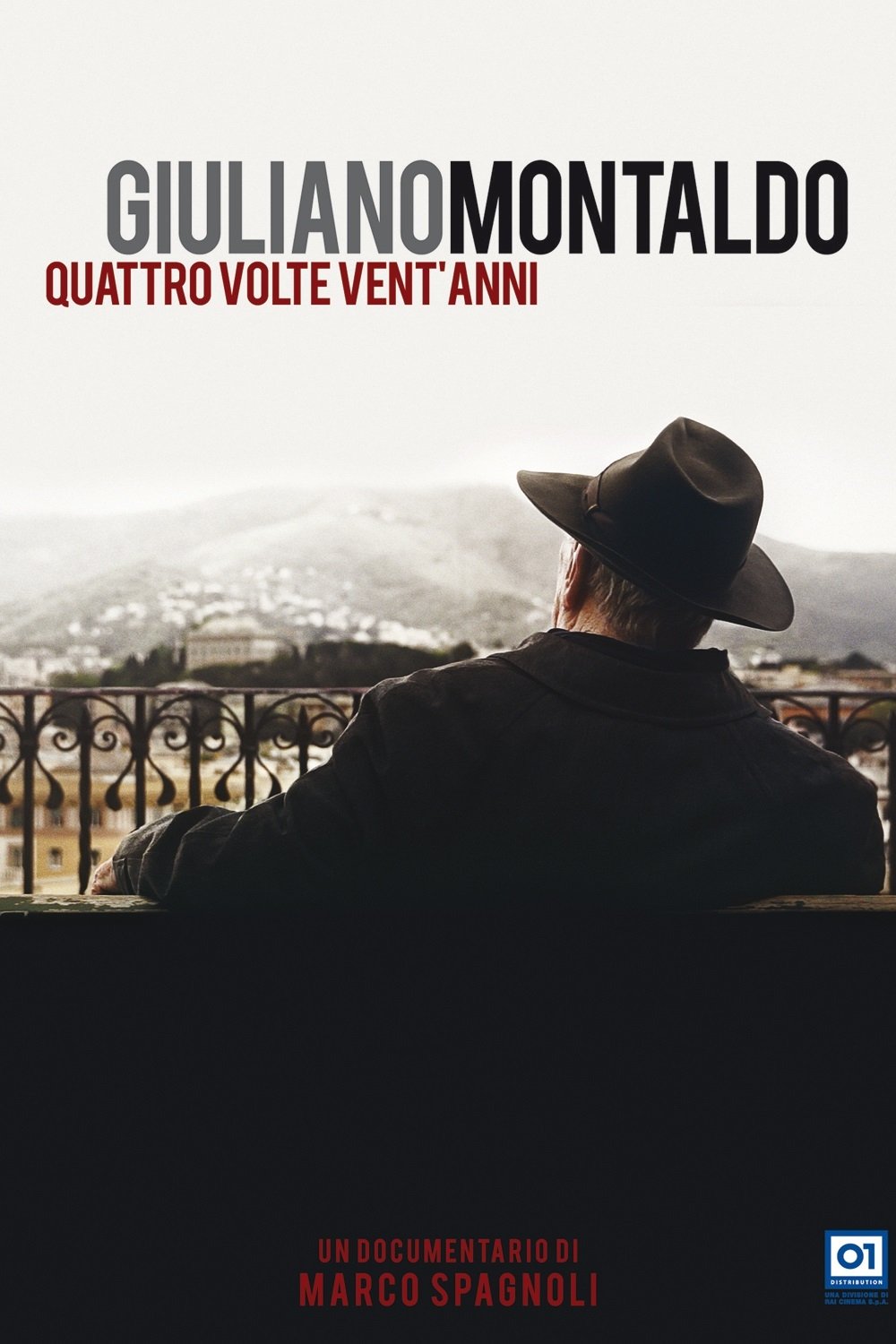
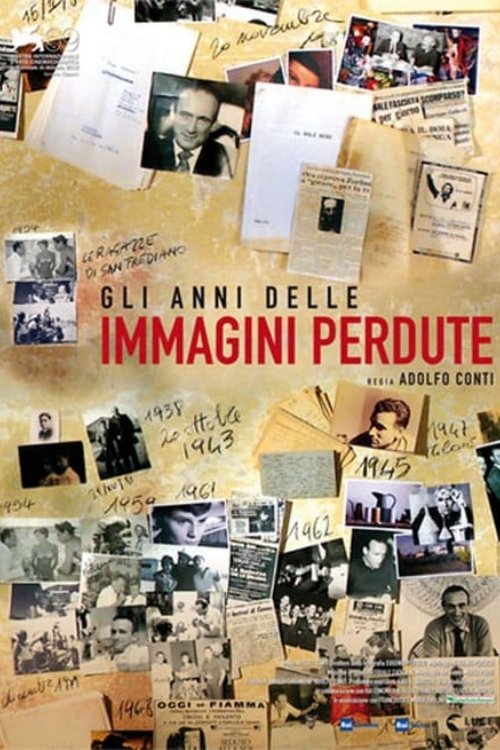
A documentary about director Valerio Zurlini. The "lost images" of the title are the movies Zurlini was never able to shoot: between 1962, the year he won the Golden Lion with Family Diary, and 1982, the year of his death, he directed only four features. The documentary features interviews with close collaborators (celebrated screenwriters Enrico Medioli and Nicola Badalucco) and some of his actors (Jacques Perrin and Claudia Cardinale).
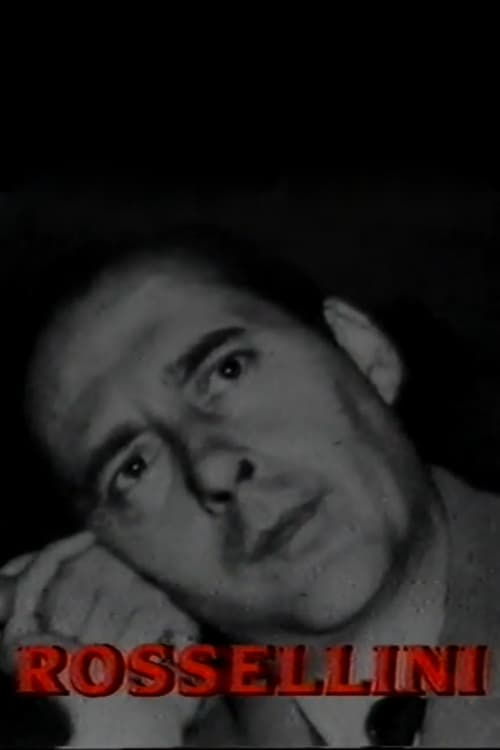
A profile of the film director Roberto Rossellini, looking at his life, personality and films, following his career and his relationship with Ingrid Bergman.
Carlo Lizzani was an Italian film director, screenwriter and critic. Born in Rome, after World War II Lizzani worked on such notable films of the late 1940s as Roberto Rossellini's Germany Year Zero, Alberto Lattuada's The Mill on the Po (both 1948) and Giuseppe De Santis' Bitter Rice (1950, for which he received an Academy Award nomination for Best Original Story). After helming documentaries, he debuted as a feature director with the admired World War II drama Achtung! Banditi! (1951). He films an episode of L'Amore in Città. Respected for his awarded drama Chronicle of Poor Lovers (1954), he has proven a solid director of genre films, notably crime films such as The Violent Four (1968) and Crazy Joe (1974) or erotic comedy Roma Bene (1971). He worked frequently for Italian television in the 1980s and was a member of the jury at the Berlin Film Festival in 1994. His film Celluloide deals with the making of Rome, Open City. He committed suicide in 2013.
By browsing this website, you accept our cookies policy.